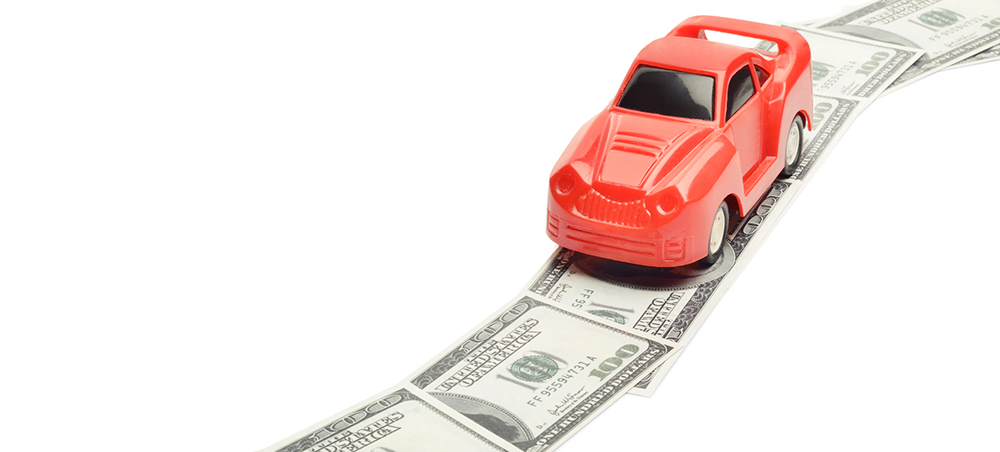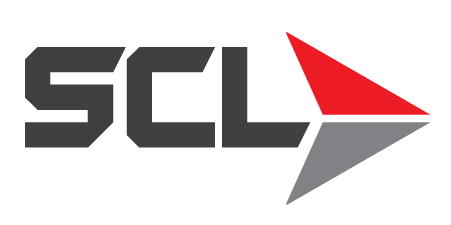Second Fuel Tax Increase Denied in California

Second Fuel Tax Increase
In a previous SCL article, California Fuel Tax Increase, we spoke with SC Fuels Tax Manager, Royd Baik about the impacts of Senate Bill 1, also referred to as SB1 – The Road Repair and Accountability Act of 2017. Last year SB1 proposed a $0.12 per gallon excise tax increase on gasoline, a $0.20 per gallon increase on diesel, up to $175 more in vehicle registration fees, and a 4% increase on diesel sales tax. Despite substantial opposition, SB1 passed with a ? majority ruling and went into effect November 1, 2017. The bill left California drivers with the task of integrating and absorbing yet another price increase into their bottom line. Six months after the implementation of SB1, the California excise tax rate now sits at $0.417/gallon on gasoline and $0.36/gallon for diesel. SB1 was proposed by the State Board of Equalization as a means by which the State of California could offset the cost of repairs for highway infrastructure and the expansion of mass transit systems. It was met with extreme opposition from business owners, legislators and citizens alike, since California already has one of the highest excise tax rates in the country.
Second Fuel Tax Increase Proposed and Denied on the Heels of SB1
A second fuel tax increase – Assembly Bill 102 – proposed by the state legislature in July of 2017 was recently shut down by the State Board of Equalization, who decided to spare Californians a double price increase in such a short amount of time. Revenue and Taxation Code sections 6357.7 and 7360, commonly referred to as the “fuel tax swap,” require the State Board of Equalization to determine the excise tax rate for motor vehicle fuel (MVF) on an annual basis. Their calculations, made every July since 2010 require a forecast of both MVF consumption and price. The excise tax is adjusted annually to make sure that sales taxes collected and excise rates are in balance, revenue neutral, and adjusted to account for projections and inflation. The second proposed tax hike within a fiscal year – Assembly Bill 102 – was based on the new rates created in July of 2017, but in February of this year a memo was released by the State Board of Equalization suggesting that a second fuel tax increase not be raised by an additional $0.04 on the grounds that it was too much, too soon after the passing of SB1.
The State Legislature vs. the State Board of Equalization
The back and forth, push and pull of raising the excise tax lies in the often contentious relationship between the State Legislature, the State Board of Equalization and the distribution and allocation of state money. Money collected via the excise tax on fuel (based on gallonage of fuel purchased) is allocated toward highway infrastructure expansion and maintenance. Money collected via sales tax on fuel and diesel is allocated toward the general fund – the primary fund from which state governmental expenses are paid for such services as public school, higher education, health services, human services, etc. By reviewing and adjusting these critical taxes every July, the State Board of Equalization is able to adjust tax increases accordingly, as per the fuel tax swap.
The Bottom Line
With the Board of Equalization’s decision to forgo a second fuel tax increase for Californians in 2018, the rate remains at $0.417/gallon for gasoline and $0.36/gallon for diesel, sparing business owners and consumers temporarily from having to weather yet another price increase. But the California tax landscape continues to change as the state legislature recently removed the power of the State Board of Equalization from making such future excise tax reviews and adjustments. July 2018 will be the final adjustment of this kind and it has yet to be decided whether the legislature will continue operating from the “fuel tax swap” framework, or if they will return to a fixed rate in 2019/2020. With the denial of Assembly Bill 102, which would have brought in over $600 million to the state treasury, for the time being, Californians are spared yet another hefty tax increase within the same fiscal year.
Contact an SCL Consultant Today
In a wide range of industrial sectors, SCL is committed to being the number one logistics and solutions provider for the products that protect and optimize the machines that keep our country moving. We pride ourselves on remaining at the forefront of industry trends and technological innovations, and as the market continues to evolve, we are committed to providing extensive product and industry knowledge and total performance satisfaction for our customers. For information on how we can assist your fleet in choosing the optimal products at a competitive price, contact an SCL consultant today.
